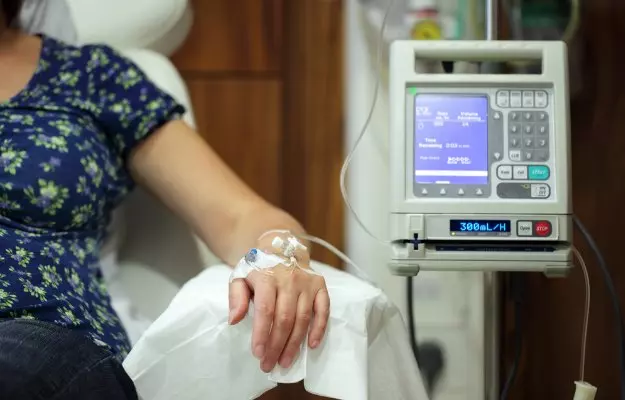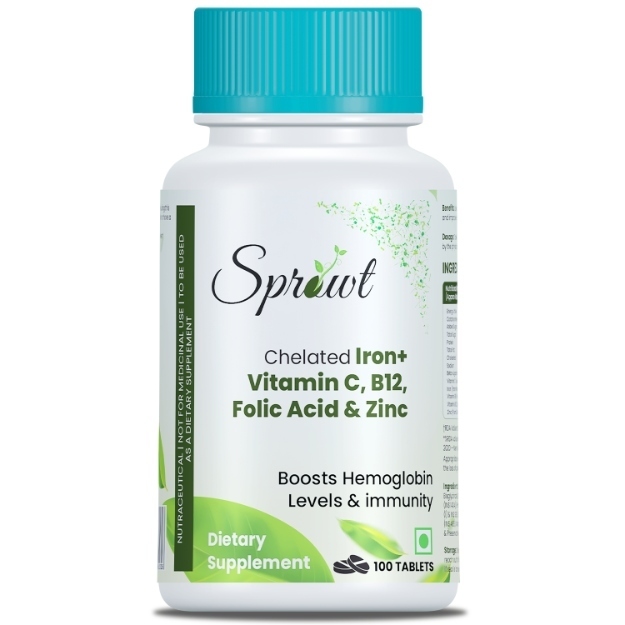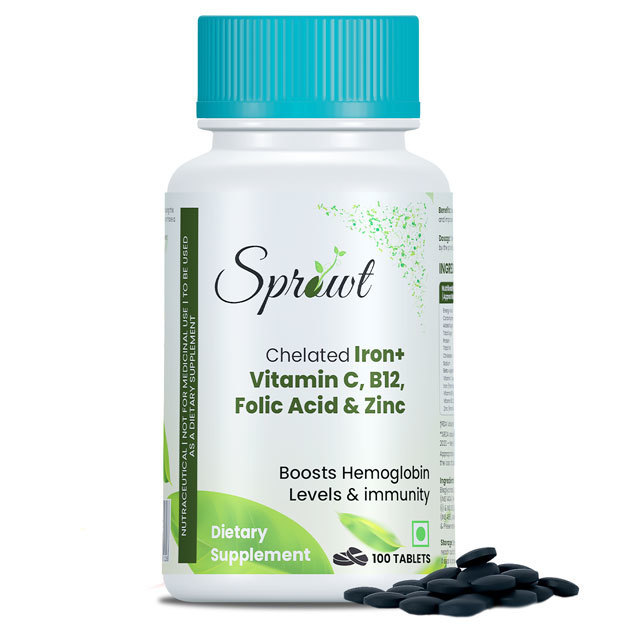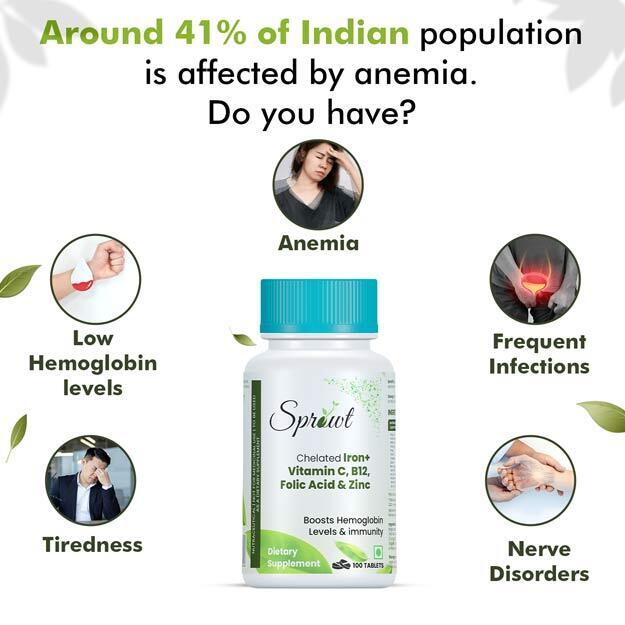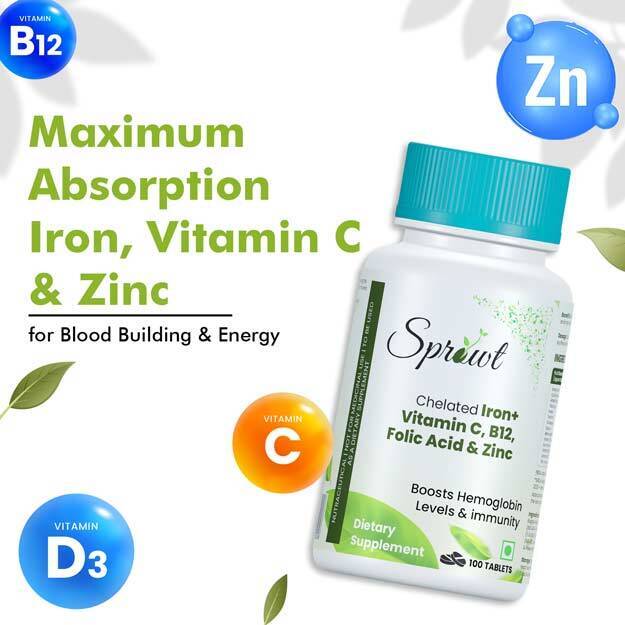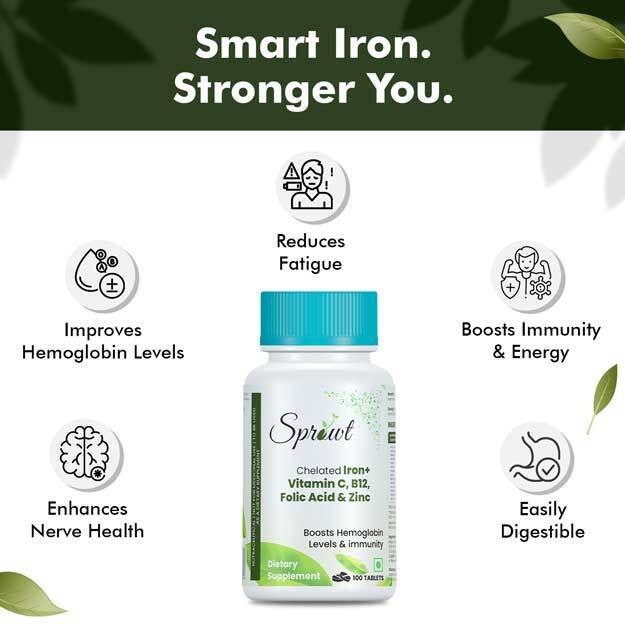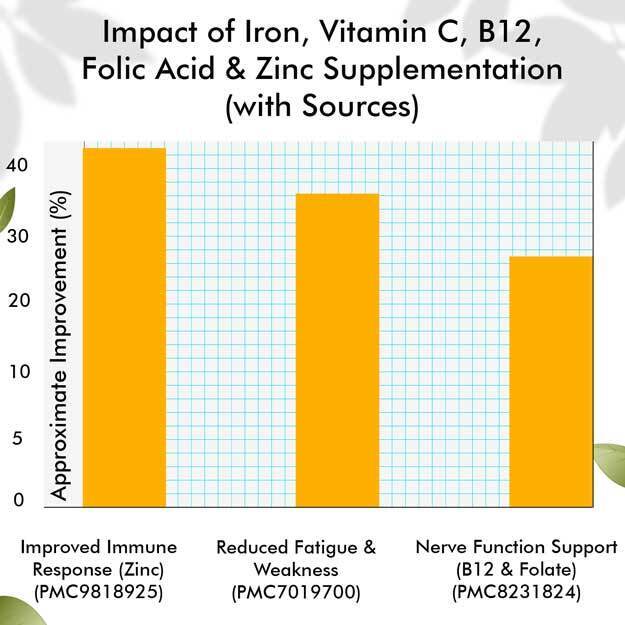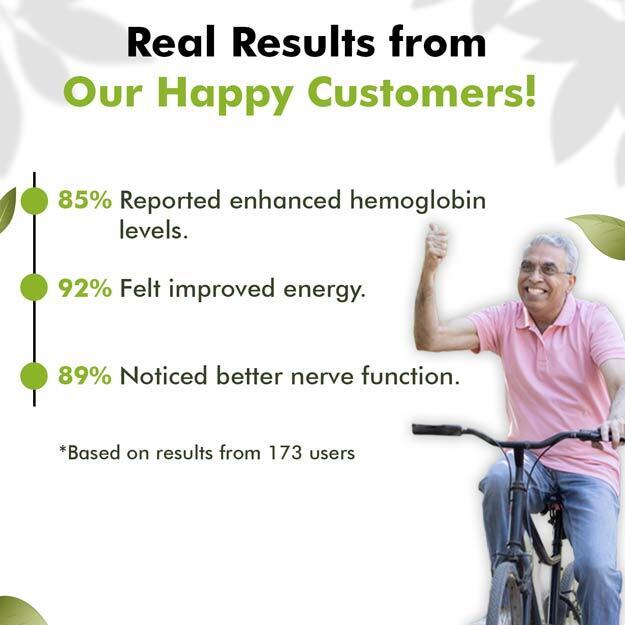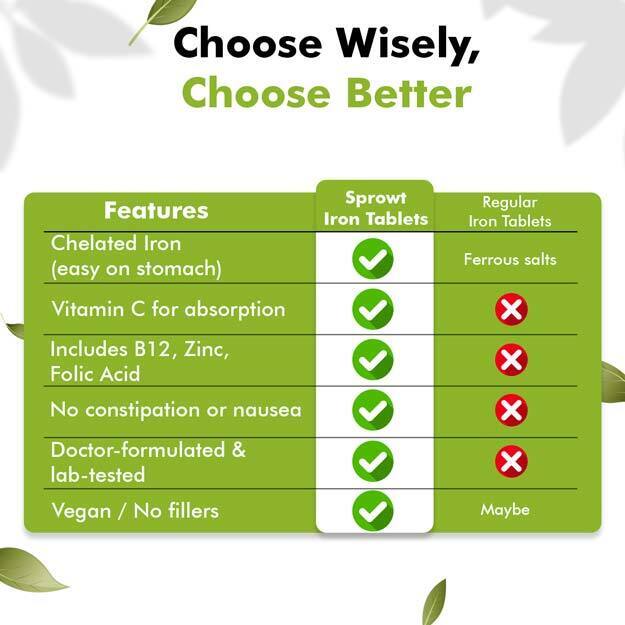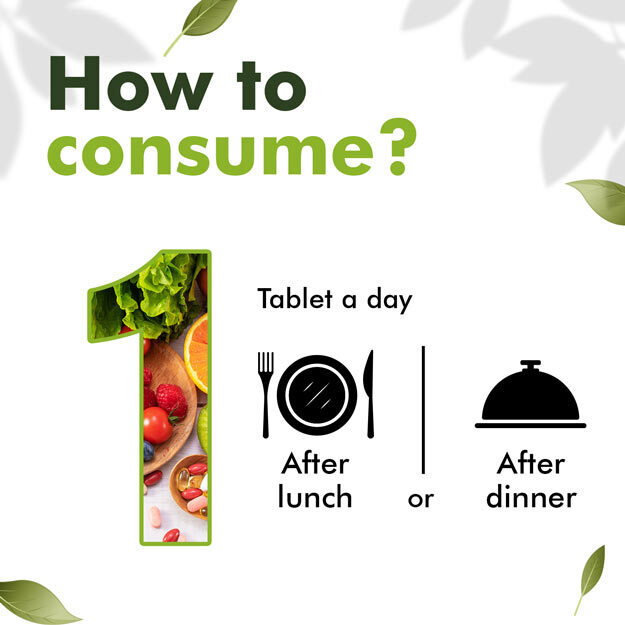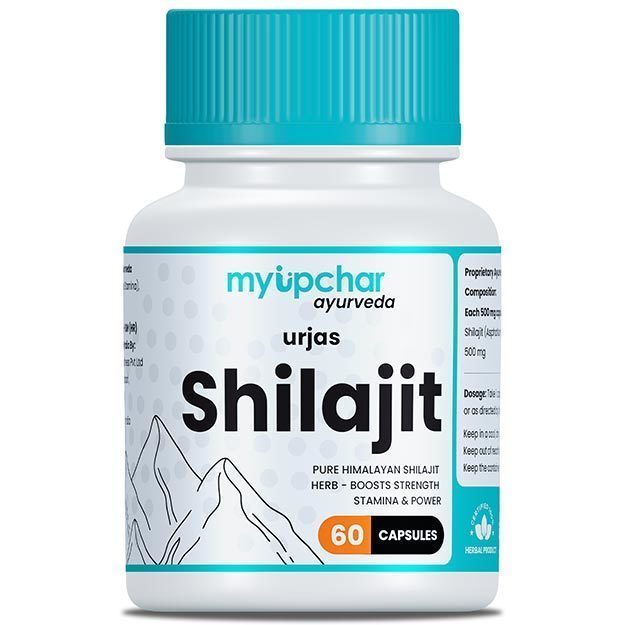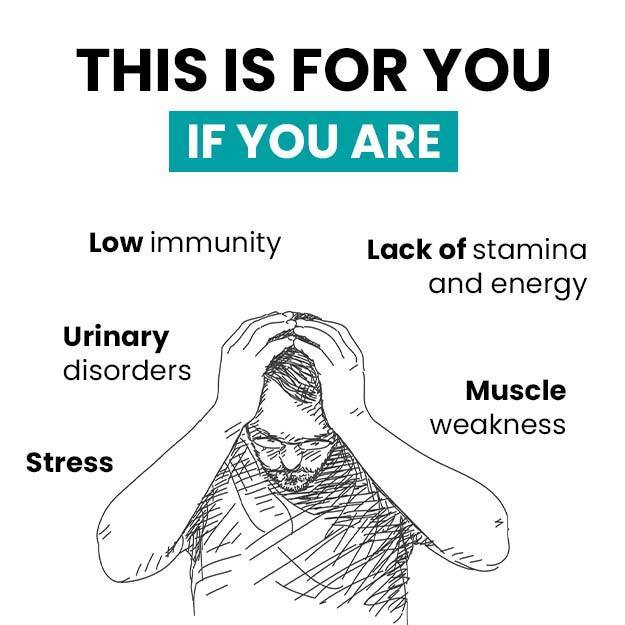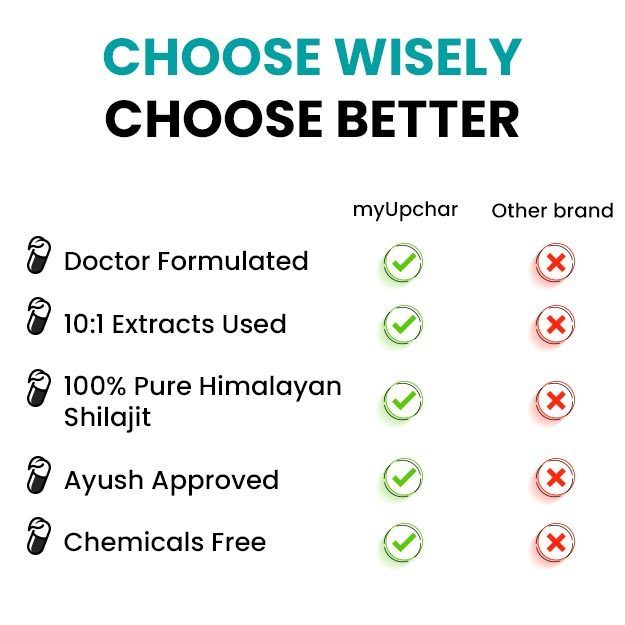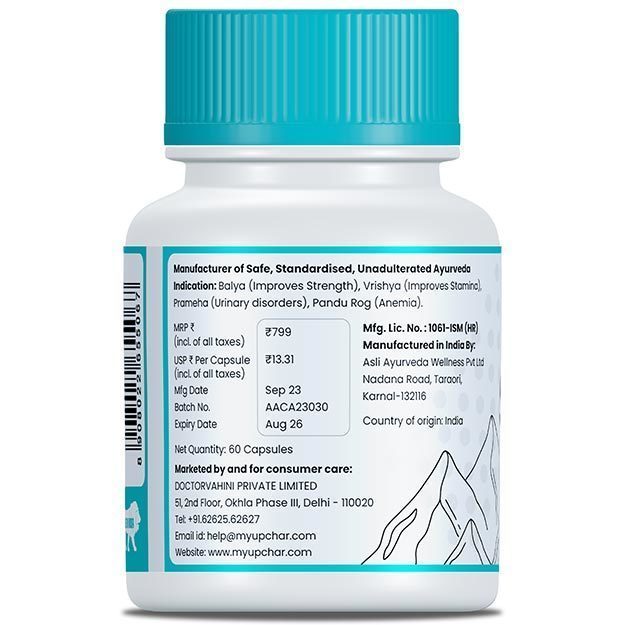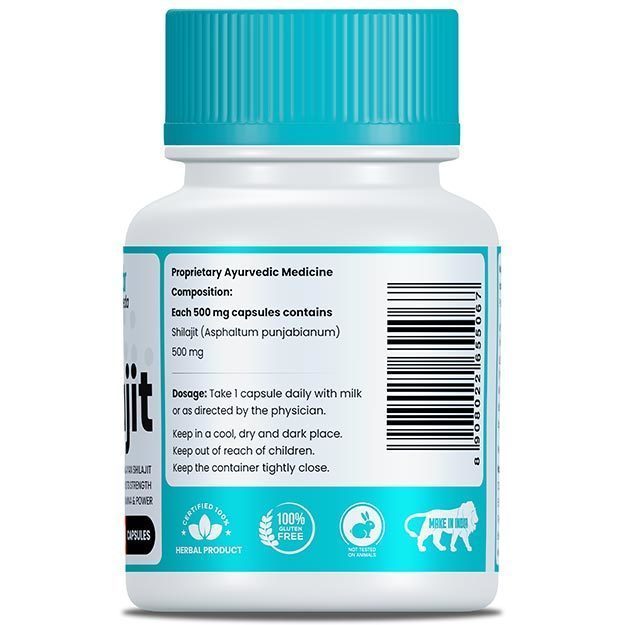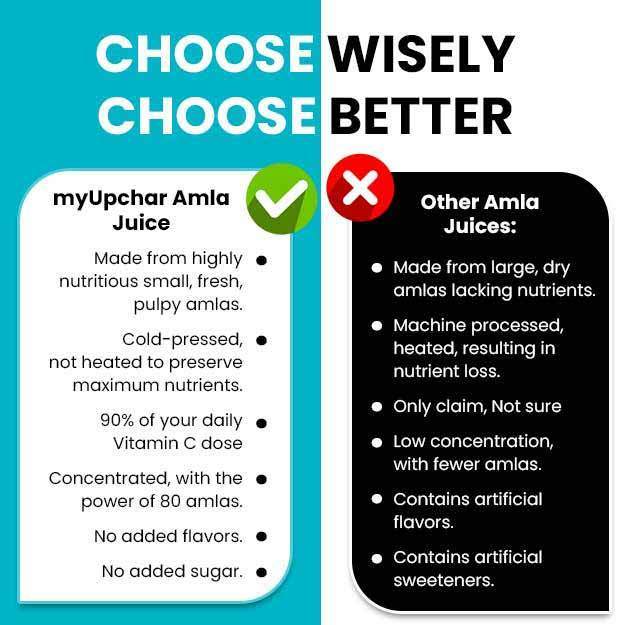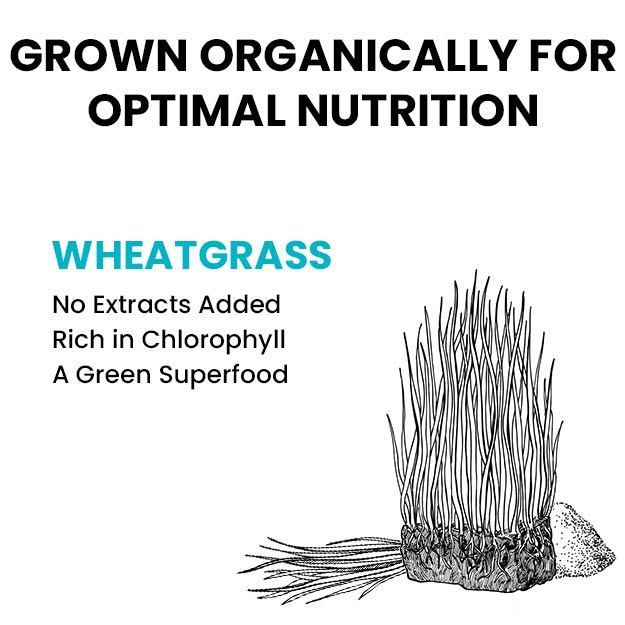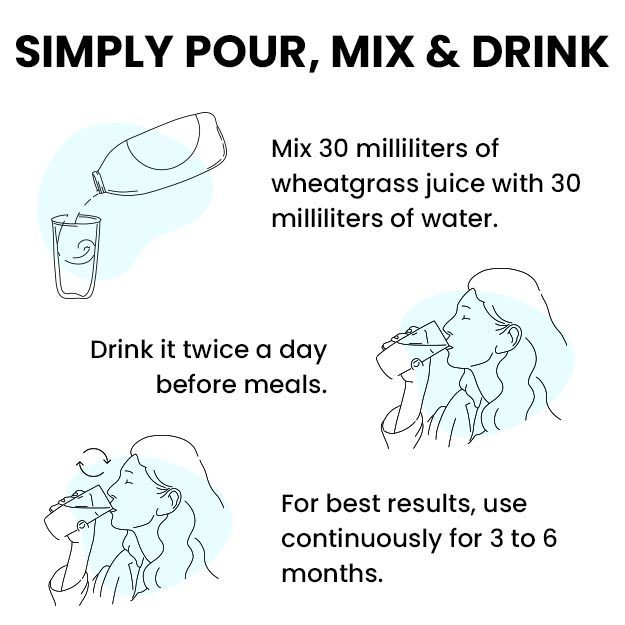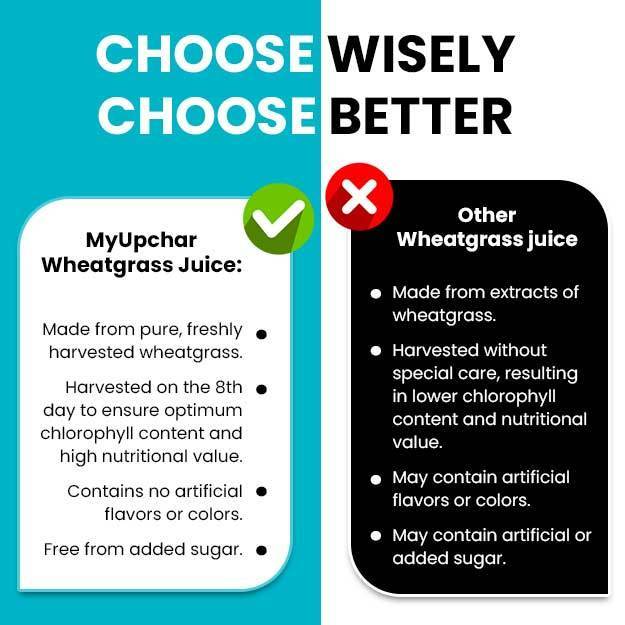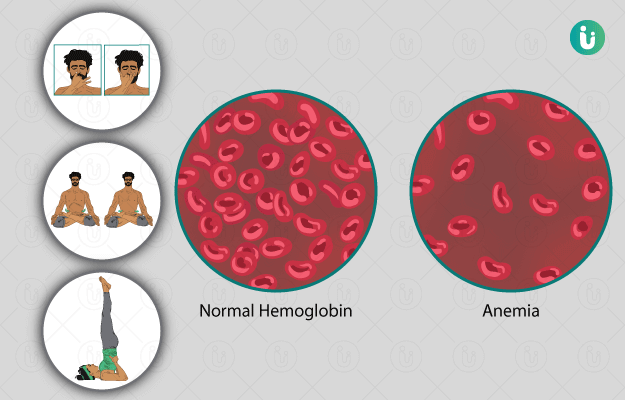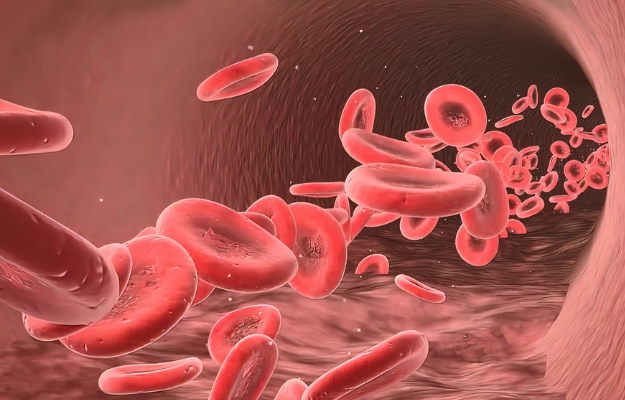Iron deficiency in the body is considered to be the main cause of anemia, but do you know that chemotherapy used to treat cancer can also increase the risk of anemia. Yes, during chemotherapy, along with cancer cells, some healthy cells also get damaged, due to which red blood cells are not produced and symptoms of anemia start appearing. It has also been proved in many studies that chemotherapy and anemia are directly related to each other. Therefore, cancer patients have to face anemia i.e. low levels of hemoglobin.In this article you will learn in detail about the symptoms, causes and treatment of anemia occurring during chemotherapy -
(Read more - Diet for Cancer Patients)
- What Is Chemotherapy?
- What Is Chemotherapy Associated With Anemia?
- Symptoms Of Anemia During Chemotherapy
- How Common Is Anemia During Chemotherapy?
- Causes Of Anemia During Chemotherapy
- Treatment Of Anemia During Chemotherapy
- Summary
What Is Chemotherapy?
Chemotherapy is the treatment of various types of cancer. Chemotherapy medicines contain chemicals, which destroy cancer cells and prevent them from spreading. These chemicals also start damaging the healthy cells present in the body. Especially the cells of the skin, digestive system and bone marrow are damaged. In such a situation, when these cells get damaged during chemotherapy, red blood cells are not produced in the right quantity. Because of this, the risk of anemia related to chemotherapy increases.
(Read more - Which vitamin deficiency causes anemia?)
What Is Chemotherapy Associated With Anemia?
The chemicals present in chemotherapy medicines destroy cancer cells and also harm healthy cells. Due to this, red blood cells start decreasing. When red blood cells start decreasing due to chemotherapy medicines, it is called chemotherapy-related anemia. In this condition the level of hemoglobin in the blood decreases.
Let us tell you that hemoglobin is a protein present in red blood cells, which delivers oxygen to the body tissues. If understood in simple language, anemia is a condition in which there are not enough red blood cells to carry oxygen properly in the body and the level of hemoglobin decreases.
(Read more - Iron Deficiency Anemia)
Symptoms Of Anemia During Chemotherapy
Red blood cells are not produced while taking chemotherapy. Due to this, hemoglobin also falls and blood deficiency starts in the body. When anemia occurs, the following symptoms may be felt -
- Fatigue And Weakness
- Not Feeling Strong
- Dizziness Or Fainting
- Difficulty Breathing
- Headache
- Yellow Skin Color
- Heart Beat Fast
- Chest Pain
- Depression
- Difficulty Concentrating
- Loss Of Appetite
(Read more - Home Remedies for Anaemia)
How Common Is Anemia During Chemotherapy?
According to research, about 70 percent of people taking chemotherapy have to face symptoms of anemia. It is most common in these people –
- Lung Cancer
- Lymphoma Cancer
- Urinary Tract Cancer
- Cancers Of The Reproductive System
(Read more - Can hemorrhoids cause cancer?)
Causes Of Anemia During Chemotherapy
Chemotherapy can be a major cause of anemia. When a cancer patient takes chemotherapy, he may face anemia. The reasons for this are as follows -
Chemotherapy Drugs
Chemotherapy destroys the rapidly spreading cancer cells in the body. At the same time, sometimes while taking chemotherapy, those cells which produce red blood cells, such as bone marrow, also start getting destroyed. In this condition, symptoms like mouth ulcers, change in taste and nausea may be felt.
(Read more - Unraveling the Mysteries of Cardiac Tumors)
Loss of Appetite
During chemotherapy, appetite decreases, due to which the person is not able to eat enough food. In such a situation, symptoms of anemia may be experienced due to lack of nutrients in the body. When there is a deficiency of iron and vitamin B12, red blood cells are not produced in the body and anemia can occur.
(Read more - Hemoglobin deficiency)
Treatment Of Anemia During Chemotherapy
It is important to treat anemia that occurs during chemotherapy, because if anemia is not treated on time, the condition can become serious. This condition can affect the person physically. Chemotherapy associated anemia is treated in the following ways:
Medicines
To treat chemotherapy-related anemia, doctors may first prescribe medicines that increase red blood cells. These medicines include Procrit or Epogen and Aranesp. In addition, erythropoietin-stimulating agents can also be used to increase hemoglobin levels in red blood cells. It may take 4 to 6 weeks to see its effect.
(Read more - How to increase hemoglobin: diet and foods)
Supplements
About 65 percent iron is in hemoglobin. Hemoglobin is a protein present in the blood, which transports oxygen to the organs and tissues of the body. Due to iron deficiency, hemoglobin is unable to carry oxygen to the cells in the body. In such a situation, taking iron supplements can be beneficial to treat anemia. Apart from this, anemia can also be treated with folic acid and vitamin B12 supplements. These vitamins and iron promote the production of red blood cells in the body and can increase hemoglobin levels.
(Read more - What causes poor blood flow)
Blood Transfusion
Due to anemia, the level of hemoglobin in the body decreases. In this situation, there is a lack of blood in the body. In such a situation, when the symptoms of anemia do not reduce with the help of medicines and supplements or the hemoglobin level does not increase, the doctor may recommend blood transfusion.
In this, blood is donated to the anemia patient and then it is injected into his body. Due to this the level of hemoglobin is increased. For this the blood type should match that of the anemia patient. Doctors may advise blood transfusion when the hemoglobin level falls below 8 grams per deciliter.
(Read more – How Inheritance Determines Your Blood Type)
Summary
Anemia can be a common side effect of chemotherapy. The chemicals present in chemotherapy drugs can harm cancer cells as well as healthy cells present in the body. Due to this, the production of red blood cells starts decreasing and the level of hemoglobin starts decreasing, due to which anemia occurs. Anemia usually gets cured once chemotherapy is stopped, but if you feel symptoms of anemia during chemotherapy, do not ignore them at all.
Find Hematologist in cities
Doctors for Navigating Anemia: Understanding Its Impact During Chemotherapy

Dr. Srikanth M
Hematology
25 Years of Experience


